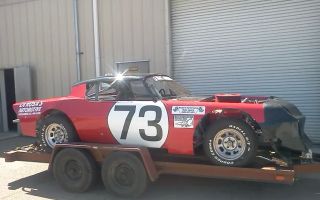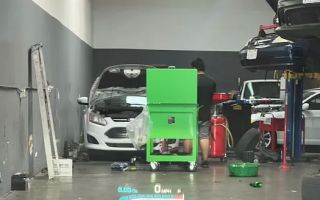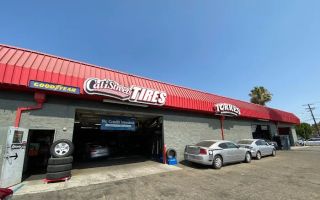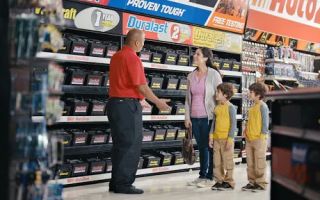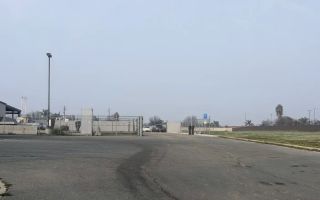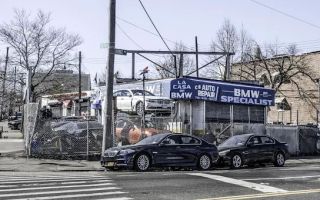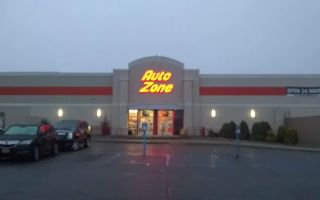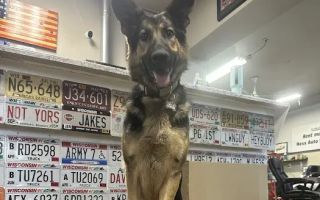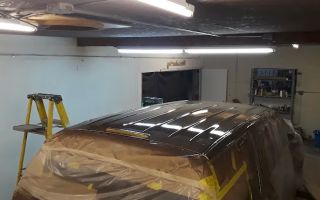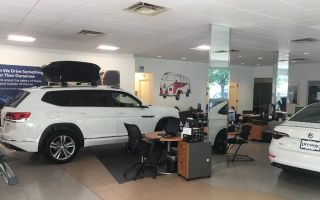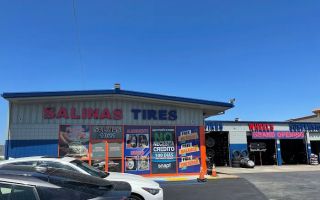What to Do After an Accident in San Francisco
- 1. Immediate Actions to Take After an Accident
- 2. Reporting the Accident in San Francisco
- 3. Dealing with Injuries and Medical Attention
- 4. Gathering Information and Evidence
- 5. Contacting a Lawyer for Legal Guidance
- 6. Filing Insurance Claims After an Accident
- 7. How to Avoid Accidents in the Future
- 8. Conclusion: Protecting Yourself and Others in San Francisco
1. Immediate Actions to Take After an Accident
Being involved in an accident in San Francisco can be overwhelming, but it's important to stay calm and take the right steps. Accidents can happen in the blink of an eye, and knowing how to respond immediately can make a significant difference in the outcome. Here's what you need to do:
- Ensure Safety: First, check for injuries. If you are able, move to a safe location away from traffic. Turn on your hazard lights to alert other drivers.
- Check on Others: Ensure that others involved in the accident are safe as well. If there are any serious injuries, call 911 immediately.
- Do Not Admit Fault: Avoid admitting fault or apologizing to anyone involved. Simply exchange information and wait for the authorities to handle the situation.
Taking these initial actions can help protect both you and others involved in the accident, setting the stage for the next steps.
2. Reporting the Accident in San Francisco
Once you have ensured safety, the next step is to report the accident to the appropriate authorities. In San Francisco, accidents involving injuries or significant property damage require a police report. Here’s how to proceed:
- Call the Police: Always call the San Francisco Police Department to report the accident. They will send officers to the scene to document the incident and create an official police report.
- File an Accident Report: If the police do not come to the scene, you are still required to file an accident report within 10 days with the California Department of Motor Vehicles (DMV).
- Request a Copy of the Report: After the police have filed their report, request a copy for your records. This report will be crucial for insurance claims and legal matters.
Reporting the accident properly ensures that there is an official record of the event, which will be important in the aftermath, especially if there are disputes about the accident.
3. Dealing with Injuries and Medical Attention
If you or anyone involved in the accident sustains injuries, seeking medical attention is crucial. Even if injuries appear minor, it's important to get checked out. Some injuries may not become apparent immediately.
- Seek Immediate Medical Help: If you feel any pain, dizziness, or discomfort, seek immediate medical attention. Call an ambulance if necessary.
- Visit Your Doctor: Even if you feel fine, it’s a good idea to visit your doctor within a few days to ensure there are no hidden injuries like whiplash or internal damage.
- Keep Records of Medical Treatment: Keep all receipts and records of medical treatments for your insurance and legal claims.
Documenting your injuries and treatments will be important for your recovery process and any claims you may need to file.
4. Gathering Information and Evidence
Once the immediate safety concerns have been addressed, the next step is to gather as much information and evidence as possible. This documentation can support your claims and protect you from future disputes.
- Exchange Information: Make sure to exchange contact details, insurance information, and driver’s license numbers with the other parties involved in the accident.
- Take Photos: If possible, take photos of the scene, vehicle damage, injuries, and any other relevant details. This evidence will be invaluable when filing a claim.
- Collect Witness Statements: If there are any witnesses, collect their names and contact information. Their statements can provide additional support for your case.
Having solid evidence will make a big difference in the outcome of any insurance claims or legal actions.
5. Contacting a Lawyer for Legal Guidance
If the accident involves significant damages or injuries, it’s wise to contact a personal injury lawyer to guide you through the process. Legal representation can help protect your rights and ensure that you receive fair compensation.
- Consult a Lawyer Early: It's best to consult with a lawyer as soon as possible after the accident to understand your rights and options.
- Consider a Contingency Fee: Many personal injury lawyers work on a contingency fee basis, meaning they only get paid if you win the case. This makes legal representation more accessible for many individuals.
- Understand Your Case: A lawyer will help you understand the legal process, explain potential outcomes, and provide you with a realistic assessment of your case.
By having legal support, you can navigate the complexities of dealing with the aftermath of an accident and ensure that your interests are protected.
6. Filing Insurance Claims After an Accident
Once you have gathered the necessary information, the next step is to file an insurance claim. Whether you’re dealing with your own insurance company or the other party's, here’s how to do it effectively:
- Report the Accident to Your Insurance Company: Notify your insurance company as soon as possible. Provide them with all the relevant information, including the police report and evidence.
- Follow Up Regularly: Keep track of your claim and follow up regularly with the insurance company to ensure that the process is moving forward.
- Consider Professional Help: If your claim is disputed or delayed, a lawyer or insurance adjuster can help negotiate on your behalf.
Filing a timely and thorough insurance claim is essential for receiving compensation for medical bills, vehicle repairs, and other accident-related expenses.
7. How to Avoid Accidents in the Future
While accidents are sometimes unavoidable, there are several steps you can take to minimize your risk of being involved in one. Here are some useful tips to stay safe on the road:
- Drive Defensively: Always be aware of your surroundings, follow traffic laws, and avoid aggressive driving.
- Maintain Your Vehicle: Regular maintenance and vehicle inspections can prevent breakdowns and accidents caused by mechanical failure.
- Avoid Distractions: Distracted driving is one of the leading causes of accidents. Avoid using your phone or engaging in other distractions while driving.
Taking these simple precautions can significantly reduce the likelihood of an accident in the future, keeping you and others safe on the road.
8. Conclusion: Protecting Yourself and Others in San Francisco
Accidents can be overwhelming, but by knowing what to do in the aftermath, you can protect your rights, health, and property. By following the steps outlined in this guide—such as reporting the accident, seeking medical attention, gathering evidence, and consulting with a lawyer—you can ensure that you handle the situation in the best way possible. Remember to also take proactive steps to prevent accidents in the future to keep yourself and others safe.
For further assistance with roadside emergencies or legal help after an accident in San Francisco, visit Rescue & Towing.

